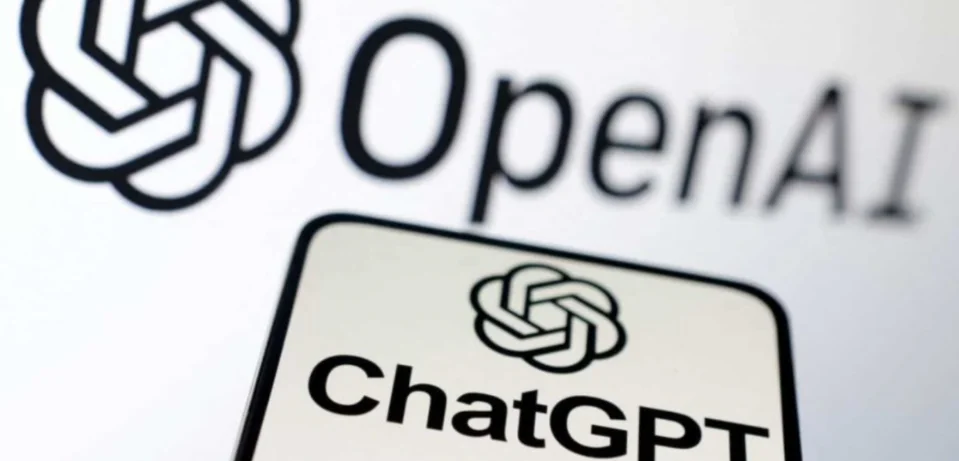OpenAI has announced the launch of in-chat apps within ChatGPT, marking a major step toward making the AI assistant a central hub for productivity and learning.
According to the company, its pilot partners, Booking.com, Canva, Coursera, Figma, Expedia, Spotify, and Zillow, are now available to users in supported markets, starting in English.
OpenAI also noted that more partner apps will be introduced later this year, with expansion to European Union (EU) users coming soon.
Developers Can Build Apps with the New Apps SDK
To support this rollout, OpenAI has released an Apps SDK preview, described as an open standard built on the Model Context Protocol (MCP).
The company said developers can now begin creating and testing apps for ChatGPT immediately.
“Later this year, we’ll begin accepting app submissions for review and publication and will share more details on how developers can monetize their apps,” OpenAI stated.
This move opens the door for developers to build and publish interactive experiences directly inside ChatGPT, expanding its functionality beyond text-based responses.
How to Use Apps in ChatGPT
OpenAI explained that the new feature integrates interactive elements such as maps, playlists, and presentations directly into the chat experience.
“The magic of this new generation of apps in ChatGPT is how they blend familiar interactive elements, like maps, playlists, and presentations, with new ways of interacting through conversation,” the company said.
For example:
- Users can start a project outline and ask Canva to instantly transform it into a slide deck.
- Learners can take a Coursera course and ask ChatGPT to explain or expand on concepts from the video in real time.
These integrations enable users to seamlessly combine learning, creativity, and task management within a single conversational interface.
A Growing Ecosystem of AI-Powered Apps
OpenAI emphasized that as more developers build using the Apps SDK, the range of possibilities within ChatGPT will continue to expand.
Because the apps appear naturally within conversations, users will encounter them contextually, when they’re most likely to be useful.
This evolution transforms ChatGPT from a chat-based AI assistant into a dynamic app platform, where productivity, creativity, and learning tools come together through intelligent conversation.












